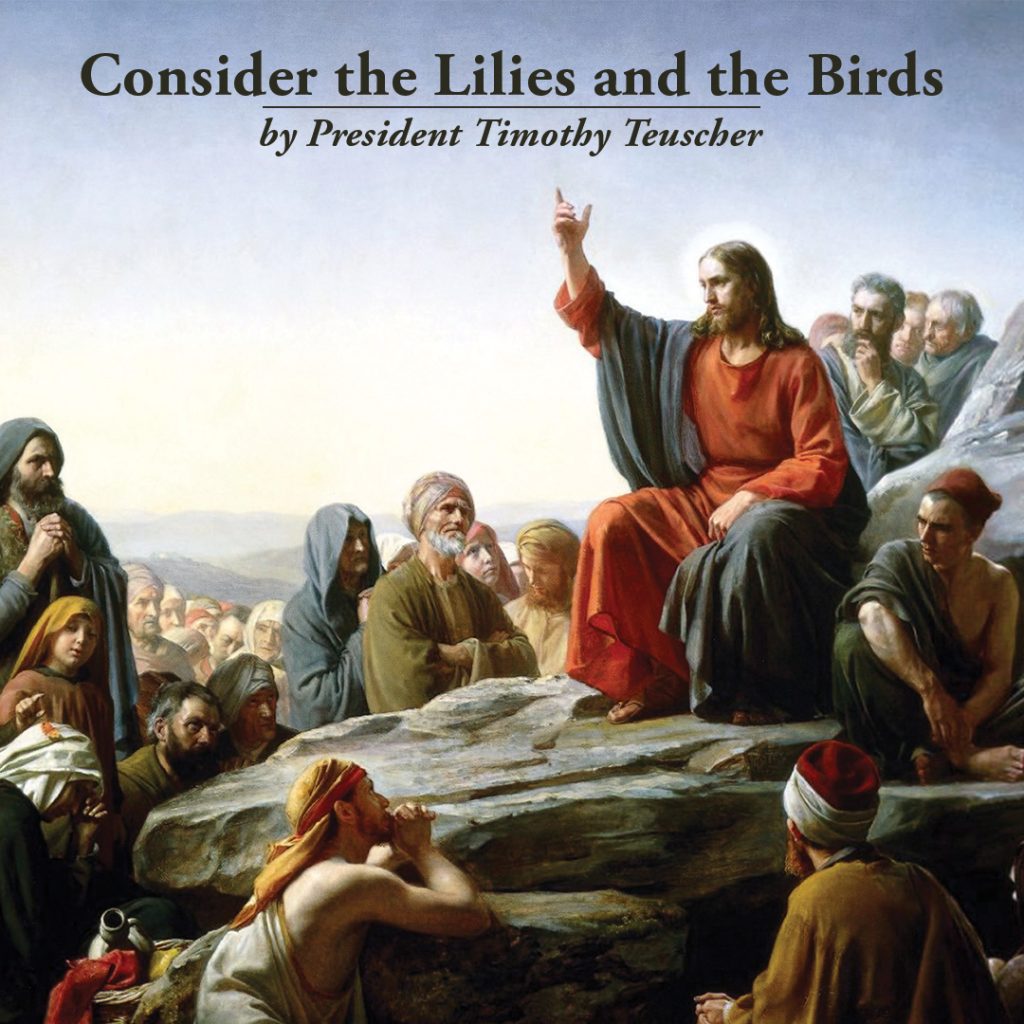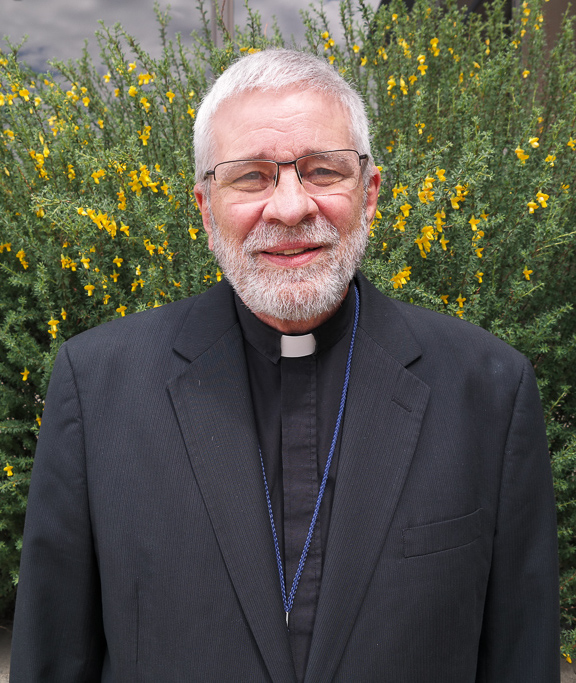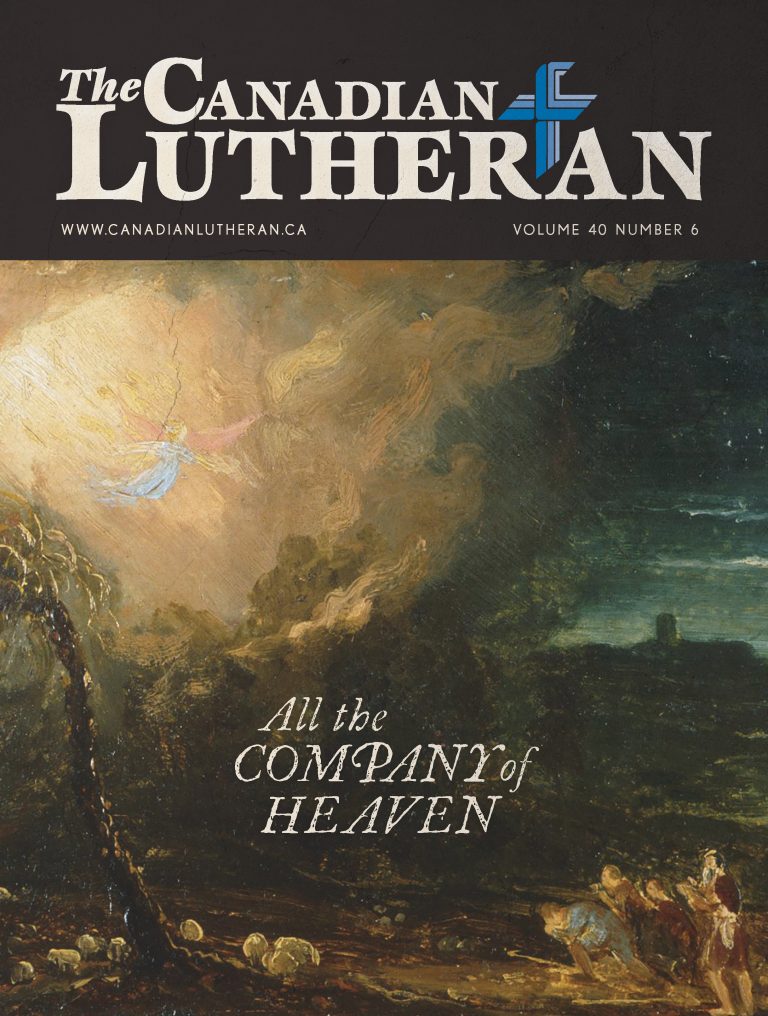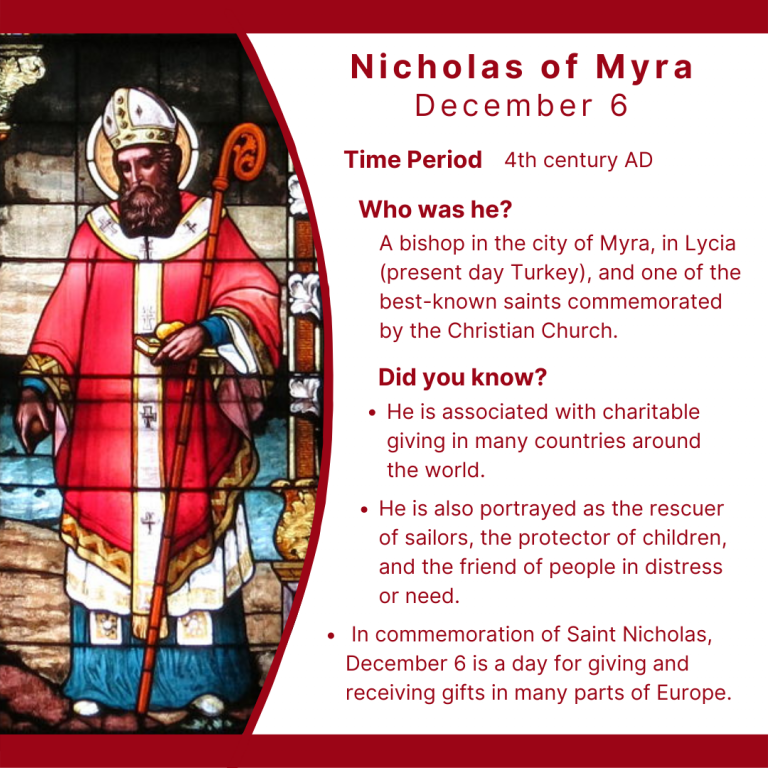Consider the Lilies and the Birds
 by Timothy Teuscher
by Timothy Teuscher
Our first parents, Adam and Eve, being created by God in His image, in righteousness and holiness, undoubtedly saw nature far differently than we do—at least for the short time before they succumbed to the temptation of the serpent, disobeyed God, and fell into sin. They would have seen everything as a manifestation of God’s glory and goodness. The wind in the trees sang a glorious hymn of praise to God. The stars in the heavens proclaimed His greatness. The lilies of the field and the birds of the air reminded them that they had nothing to worry about.
As people who bear the image of our sinful parents, however, we have lost this. Today, we live in cities and are so impressed with what we have built that we no longer bother to look at what God has done and is still doing. We drive merely to get from point A to point B. As a result, we miss all the evidence of our heavenly Father’s love along the way. To be sure, we might be thrilled for a short time by some towering mountain peak or by a thundering waterfall. But we often treat these things as ends in themselves, rather than seeing them as a grand symphony of praise to God.
What is more, this created world has also been infected and marred by sin: violent storms, earthquakes, diseases, droughts, floods, wild fires, pandemics, and the like. Everything has been “subjected to futility… (in) bondage to corruption… groaning together in the pains of childbirth,” as St. Paul puts it (Romans 8:20-22). We’ve seen a lot of that lately.
In our hectic lives, however, this is what we so often fail to do: namely, to ‘consider’— “to observe,” as the dictionary defines it, “to think about with care, to regard or treat with attention or solicitude, to gaze on steadily or reflectively.”
At the same time, however, the psalmist reminds us that God has not abandoned this once-perfect world, but still takes care of His creation: “He covers the heavens with clouds; He prepares rain for the earth; He makes grass grow on the hills. He gives to the beasts their food, and to the young ravens that cry” (Psalm 147:8-9). So, too, our Lord Jesus instills in us wonder for God’s creation. “Consider the lilies of the field,” He says, so that we may understand where our clothing really comes from; “they neither toil or spin, yet I tell you, even Solomon in all his glory was not arrayed like one of these” (Matthew 6:28-29). “Consider the birds of the air,” He says, in order that we may imitate their lack of worry; “they neither sow nor reap nor gather into barns, and yet your heavenly Father feeds them” (Matthew 6:26). In our hectic lives, however, this is what we so often fail to do: namely, to ‘consider’— “to observe,” as the dictionary defines it, “to think about with care, to regard or treat with attention or solicitude, to gaze on steadily or reflectively.”
For your consideration, then, reflect on this: Consider that the God in whose hands the mountains are as specks of dust is the same God whose hands were scarred upon the mountain of Calvary as He secured our redemption from sin and death. Consider that the God of the waterfalls is the same God by whose name we have been called through the life-giving waters of Holy Baptism. Consider that the God of the wheat and barley fields that stretch for kilometre after kilometre in our prairie provinces and that the God of the vineyards in the Niagara Region and the Okanagan Valley is the same God who gives us His very body and blood for our present and eternal life in the bread and wine of Holy Communion. Consider that the God of the lilies is the same God who has clothed us with the robe of Christ’s righteousness. Consider that the God of the birds is the same God who sent His Spirit in the form of a dove upon His own Son that we might be restored to Paradise.
Consider that the God in whose hands the mountains are as specks of dust is the same God whose hands were scarred upon the mountain of Calvary as He secured our redemption from sin and death.
And consider, as such, these words of Martin Luther on this matter: “There fly the little birds before our eyes and above us, putting us to shame, that we might take our hats off before them and say: ‘My dear Doctor, I must confess, that I cannot do what you can. You sleep during the night in your little nest without worry. In the morning you get up, are cheerful, sit down on a tree, praise and thank God with joyful singing of Matins. Then you look for your food and find it. But what did I old fool learn from you that I don’t do it also; I who have so much more reason to be grateful?’”
A familiar hymn sums it up this way:
When through the woods and forest glades I wander,
I hear the birds sing sweetly in the trees,
When I look down from lofty mountain grandeur
And hear the brook and fell the gentle breeze;
Then sings my soul, my Saviour God, to Thee.
How great Thou art! How great Thou art!”
But when I think that God, His Son not sparing,
Sent Him to die, I scarce can take it in—
That on the cross my burden gladly bearing
He bled and died to take away my sin;
Then sings my soul, my Savior God, to Thee.
How great Thou art! How great Thou art!”
(LSB 801:2-3).
———————

Rev. Timothy Teuscher is President of Lutheran Church–Canada.
Cover photo: “The Sermon on the Mount,” by Carl Bloch, 1890.
Hymn: “How Great Thou Art,” by Carl Gustaf Boberg, 1885. Trans. Stuart W. K. Hine, 1949.



